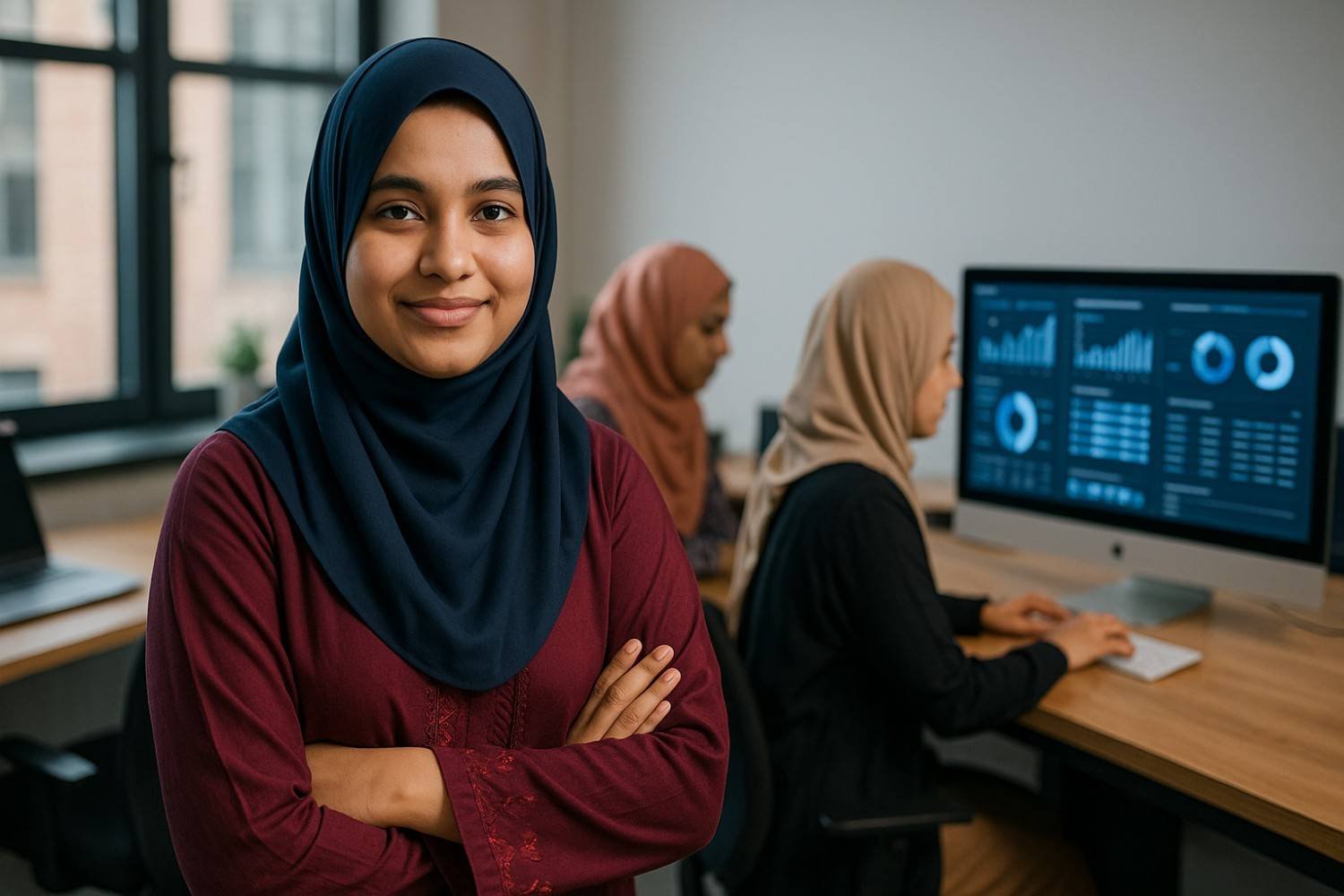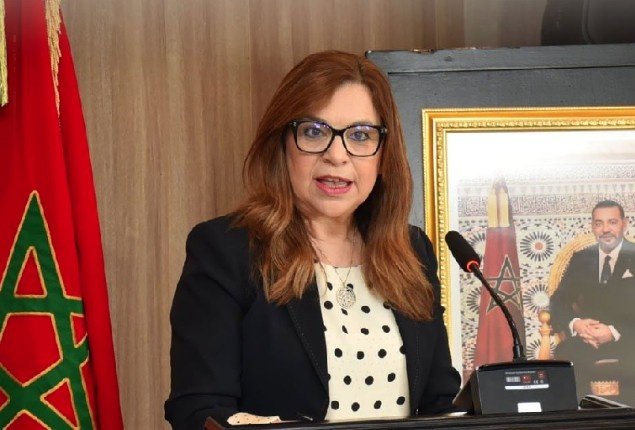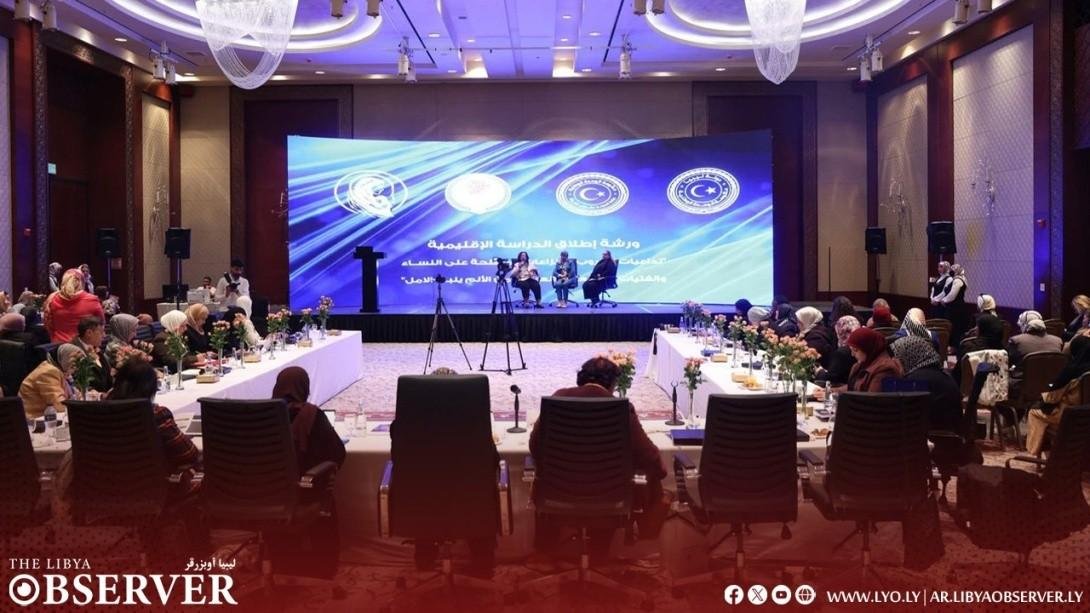ISLAMABAD – In a small government school classroom, a young Shafiqa Iqbal once dreamt quietly of a life beyond the barriers imposed on her. Forbidden by her family to pursue higher studies, she applied to university in secret. Today, she is a Big Data Engineer at Google Poland and a top-rated freelancer on Upwork—an inspiring symbol of a new wave of Pakistani women breaking stereotypes in data science.
Her story is part of a broader transformation. Once seen as the preserve of “tech bros,” data science is now being reshaped by women in Pakistan who are carving global careers in artificial intelligence, big data, and machine learning. Universities such as COMSATS, LUMS, and FAST report that female enrollment in data science has risen by nearly 40% since 2018, mirroring a global trend where women now make up 24% of the field, up from 15% in 2018.
Dr. Nusrat Shaheen of COMSATS noted: “Five years ago, I could count the number of girls in my class on one hand. Now, nearly half are women—and many of them are project leaders.” Institutions are fostering inclusivity through bootcamps, AI clubs, and mentorship programs that normalize women’s presence in tech from an early stage.
Women like Zunaira Iqbal, a machine learning specialist at LUMS, describe how peer support networks now empower female students to thrive. Others, like Mahnoor Awan of COMSATS and FAST’s Ayesha Rauf, emphasize the impact-driven side of data science, from healthcare to climate change solutions.
The momentum extends into the corporate world. Pakistani women are leading AI and big data projects at firms like Systems Limited and NetSol Technologies, applying analytics to banking, healthcare, and logistics. Companies are realizing that gender-diverse teams not only foster inclusion but also deliver stronger, more creative problem-solving.
Yet challenges remain. Women are still underrepresented in mid- and senior-level positions, highlighting the need for continued mentorship, infrastructure support, and global collaboration.
For pioneers like Shafiqa, the lesson is clear: “If you don’t see a role model, become one.” Her journey, and those of countless others, underline a cultural shift in Pakistan—where women are no longer just entering data science but are becoming the architects of the country’s data-driven future.















